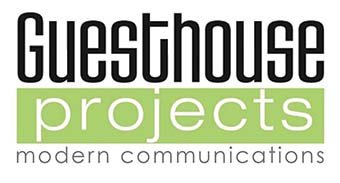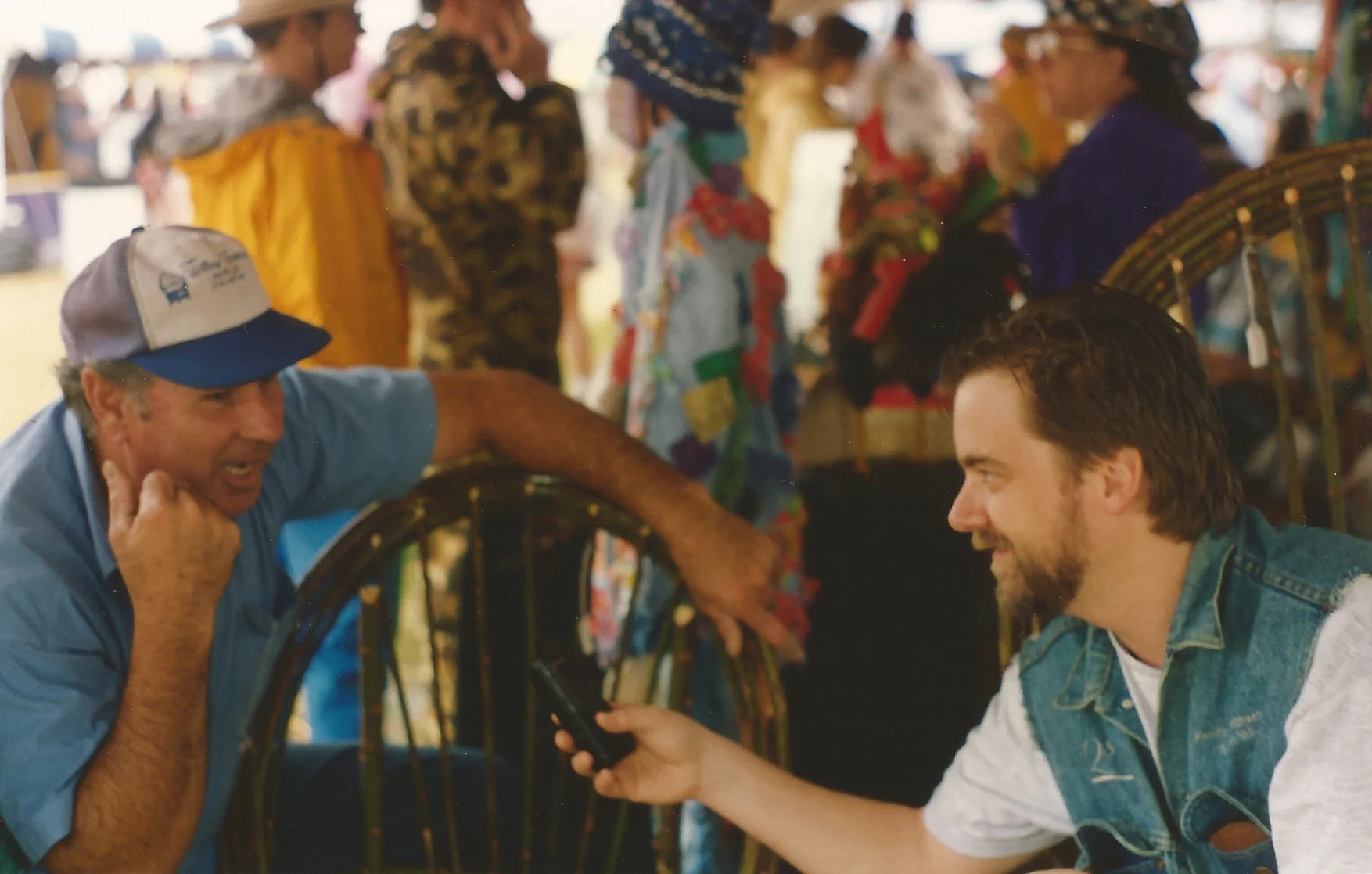The Lost Angeles Cassette Caper
/There have been two items in my office that have stayed within reach throughout this journey that I call a career. One is my membership card to the Detroit Tigers Dugout Club that I got when I was twelve years old and the other is a cassette tape of songs that I recorded in 1979 with a band called “Lost Angeles.” The Dugout Club card stays tucked away with other business cards and, depending on my mood and how the Tigers are doing, either makes me feel old or reminds me that the Tigers haven’t played well in a long time. Or both. The cassette, however, stares at me daring me to listen.
In 1979 I had become a fan of the group “Lost Angeles” while watching them perform in various bars and clubs in the Orange County, CA area and, as you’ll see, couldn’t leave well enough alone. One of the players in the band was a guy named Gary Morse. Gary played pedal steel and stole the show on certain songs. He could make the steel sound like a keyboard, or metal guitar, or as on one song, play it with a violin bow. And he wasn’t averse to using effects such as tape echo for even more sounds. In the “it’s a small world department,” Gary and I had gone to high school together in Birmingham, Michigan. While my friends and I were banging out “Gloria” and “Proud Mary,” Gary was playing Hank Williams. Really well.
The remaining band members were no slouches either. Jimmy Reid, Robin Miller, Scott Sheridan, and Leroy Larson were all great players.
During this time, I was working for a company called Express Sound. Based in Costa Mesa, the company specialized in high end gear for recording studios as well as construction and installation of recording systems in homes of musicians and producers. I was hired as the stock room and delivery guy. Don’t let the mundane title fool you – it was a cool job and I was able to enter worlds (such as a birthday party for Stevie Wonder at his home) that not too many people get to see. Express Sound was an incredible company to work for.
One week we had the Haji Sound recording truck in for some maintenance. The Haji truck has a huge history in rock & roll music, having been part of 20-plus Gold and Platinum albums and I was awestruck when it showed up. The details of how this next move came about are a bit fuzzy but my friend and co-worker Chris and I decided that it would be fun to “borrow” it for the weekend and record Lost Angeles at a little bar in Newport Beach. I still can’t believe that we got away with it – you’d think that my purchase of several rolls of very expensive two-inch recording tape late Friday might have tipped off my boss. That, and asking for the keys to the truck.
Anyhow, we did the recording and it was a blast. From there we took the tapes to a local studio that, you guessed it, we had the keys to. Actually, we had permission from the owner as long as we could work from 2 a.m. to 6 a.m. The mix of four songs was put on a cassette. I remember it was a rush job and the cassette cover still has a note in pencil “too hot, next time!” on one of the tracks. Such is the life of a pirate bar-hopping recording ninja.
Fast forward – or slow forward in this case – 39 years later and I’ve got the itch to hear this cassette. Also, I have reconnected with Gary Morse and I want to give him a copy or files with these songs on them. OK, let’s transfer this bad boy! And that’s where things go slightly, yet predictably for me, off the rails.
Transferring a cassette tape to digital file is a technological no-man’s land, somewhere between the late-night shopping network – ginzu knives and bamboo steamers – and the high technology of Apple. I can hear my pro audio friend hissing, “it’s easy, just get a blah blah blah and download the blah blah blah but first find a cassette deck from eBay or a pawn shop.”
After some research it became clear that this was a job for the “Wikoo Cassette Tape to MP3 Converter.” I kid you not, that’s the name of this thing. I ordered it off of Amazon for $27.00 and it arrived looking like the cheap Walkman that it was. But it had a USB connector on it for transfers. A good start. It also came with a mini CD that, according to the “manual” contained the software needed to make the conversion. A bad start. I don’t have a CD reader, much less the means to deal with a mini CD. But, not to worry, according to the “manual” I could download Audacity and another program, appropriately called LAME, that would be needed for the actual conversion to MP3.
On the verge of giving up, I contacted a friend of mine, who offered to take up the cause and, bless his heart, he sent me the finished files. The entire experience summed up my love/hate relationship with digital, social media, and other “non-analog” things. But, the irony isn’t lost on me that if it weren’t for the above-mentioned irritants, my recording would never have been heard by my friend Gary Morse.
Gary has a terrific website and, when not touring, is available for overdub sessions on pedal steel, dobro, lap steel, banjo, and something called a weisenborne. You can reach him at steelman4life@yahoo.com and www.resophonicrodeo.com.

